Home>Technology>Home Entertainment Systems>How Long Should A Television Last?
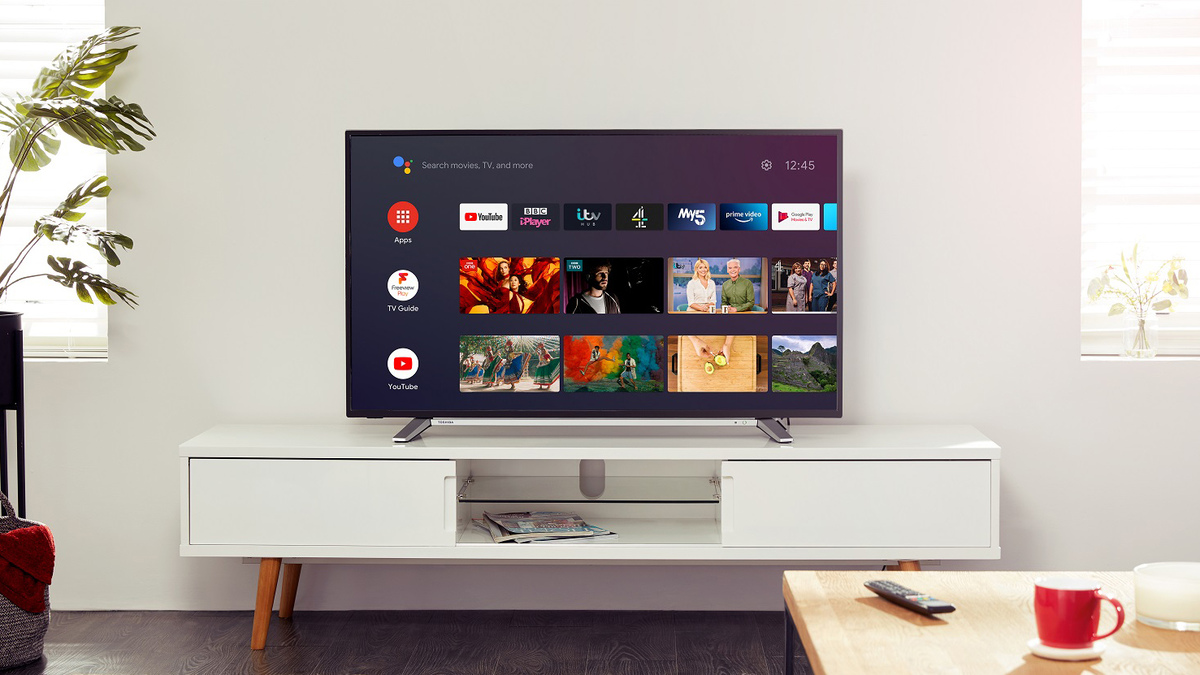

Home Entertainment Systems
How Long Should A Television Last?
Modified: January 5, 2024
Discover the lifespan of home entertainment systems with our expert guide. Learn how long a television should last and ensure your investment stands the test of time. Explore tips for maximizing the longevity of your home entertainment setup.
(Many of the links in this article redirect to a specific reviewed product. Your purchase of these products through affiliate links helps to generate commission for Storables.com, at no extra cost. Learn more)
Introduction
Television sets have become an integral part of modern households, offering entertainment, information, and a window to the world. However, like all electronic devices, televisions are not immune to wear and tear. As a consumer, it's natural to wonder about the lifespan of a television and how to ensure its longevity. In this article, we will delve into the factors that influence a television's lifespan, explore the average longevity of different types of televisions, highlight signs that indicate your television may need to be replaced, and provide practical tips for extending its lifespan. Whether you're a casual viewer or a dedicated cinephile, understanding the lifespan of your television can help you make informed decisions about maintenance, repairs, and upgrades. Let's embark on a journey to unravel the mysteries of television longevity and discover how to make the most of your home entertainment investment.
Key Takeaways:
- Your TV’s lifespan is influenced by usage, environment, and maintenance. Understanding these factors can help you make informed decisions to maximize its longevity and value.
- Signs like diminished picture quality and audio issues may indicate your TV needs replacing. Proactive maintenance and mindful usage can extend its lifespan for years of enjoyable entertainment.
Read more: How Long Should A Kettle Last
Factors Affecting Television Lifespan
The lifespan of a television is influenced by various factors, ranging from usage patterns to environmental conditions. Understanding these factors can shed light on why some televisions outlast others and how you can optimize the longevity of your own set. Here are the key factors affecting television lifespan:
- Usage Patterns: The frequency and duration of use play a significant role in determining a television’s lifespan. Televisions that are used for extended periods each day may experience a shorter lifespan compared to those used more sparingly.
- Environmental Conditions: The operating environment of a television can impact its longevity. Factors such as temperature, humidity, and exposure to dust or debris can affect the internal components and overall performance of the set.
- Power Surges and Electrical Issues: Fluctuations in power supply and electrical issues, such as surges or outages, can potentially damage a television’s internal circuitry and components, leading to a shortened lifespan.
- Quality of Components: The quality of the television’s components, including the display panel, internal circuitry, and cooling systems, can significantly influence its durability and lifespan.
- Maintenance and Care: Regular maintenance, proper cleaning, and appropriate handling can contribute to extending the lifespan of a television, ensuring that it continues to deliver optimal performance over time.
- Technological Advancements: Rapid advancements in television technology may lead some users to upgrade to newer models before their current sets reach the end of their natural lifespan.
By considering these factors, consumers can make informed decisions about how to care for their televisions and maximize their longevity. In the following sections, we will explore the average lifespan of different types of televisions and provide valuable insights into recognizing when a television may need to be replaced.
Average Lifespan of Different Types of Televisions
Television technology has evolved significantly over the years, giving rise to a diverse array of television types, each with its own expected lifespan. Understanding the average longevity of different types of televisions can help consumers make informed decisions when purchasing and maintaining their home entertainment systems. Here’s a closer look at the average lifespan of various television technologies:
- LED and LCD Televisions: LED and LCD televisions are known for their energy efficiency and slim profiles. On average, these sets can be expected to last between 4 to 10 years, depending on usage, maintenance, and environmental factors.
- Plasma Televisions: Plasma televisions were popular for their vibrant colors and wide viewing angles. However, due to advancements in display technology, their production has declined. The average lifespan of a plasma TV ranges from 6 to 10 years.
- OLED Televisions: OLED (Organic Light-Emitting Diode) televisions are revered for their exceptional picture quality and thin form factor. These sets typically have a lifespan of 8 to 10 years, offering viewers an immersive visual experience.
- QLED Televisions: QLED (Quantum Dot LED) televisions utilize quantum dot technology to deliver stunning color reproduction and brightness. With proper care, QLED TVs can last between 7 to 10 years, showcasing vivid imagery for an extended period.
- Projection Televisions: Projection televisions, including rear-projection and front-projection models, have an average lifespan of 6 to 8 years. These sets provide large-screen viewing experiences but may require maintenance to ensure optimal performance.
- CRT Televisions: Cathode Ray Tube (CRT) televisions, which were prevalent before the advent of flat-panel displays, typically lasted 10 to 15 years. However, due to their bulkiness and lower resolution compared to modern sets, they have largely been phased out.
It’s important to note that these lifespan estimates are based on typical usage and general trends in television technology. Individual experiences may vary based on usage habits, maintenance practices, and the specific make and model of the television. In the next section, we will explore the signs that may indicate a television is reaching the end of its lifespan.
A television should last around 7-10 years with proper care and maintenance. To extend its lifespan, avoid leaving it on for long periods and keep it clean from dust and debris.
Signs Your Television May Need to Be Replaced
As televisions age, they may exhibit various signs that indicate a decline in performance and reliability. Recognizing these indicators can help consumers determine when it may be time to consider replacing their television set. Here are common signs that your television may need to be replaced:
- Diminished Picture Quality: If you notice a decline in the overall picture quality, such as faded colors, reduced brightness, or persistent image distortion, it could be a sign that the display components are deteriorating.
- Screen Burn-In: For OLED and plasma televisions, screen burn-in, characterized by persistent image retention or ghosting, may become apparent over time, impacting the viewing experience.
- Audio Issues: Persistent audio problems, including distorted sound, crackling, or the absence of certain audio channels, may indicate underlying issues with the television’s speakers or audio processing components.
- Power Cycling Problems: If the television frequently powers on and off unexpectedly, experiences unresponsive controls, or exhibits erratic behavior, it may signal internal hardware or software issues.
- Visible Damage: Physical damage to the television, such as cracked screens, malfunctioning buttons or ports, or visible wear and tear, can compromise its performance and longevity.
- Obsolete Features: As new technologies and features become standard in modern televisions, older sets may lack essential capabilities, such as support for high-definition content, advanced connectivity options, or smart TV functionality.
- Increased Maintenance Needs: If the television requires frequent repairs, component replacements, or ongoing maintenance to address performance issues, it may be more cost-effective to consider a replacement.
While some of these issues may be remedied through professional repairs or maintenance, it’s important to assess the overall condition of the television and weigh the potential costs against the benefits of investing in a new set. In the following section, we will explore practical tips for extending the lifespan of your television and optimizing its performance.
Tips for Extending the Lifespan of Your Television
Maximizing the longevity of your television involves proactive maintenance, mindful usage, and strategic care. By following these practical tips, you can extend the lifespan of your television while ensuring consistent performance and viewing enjoyment:
- Optimal Placement: Position your television in a well-ventilated area with adequate airflow to prevent overheating and maintain internal component integrity.
- Regulated Temperature and Humidity: Avoid exposing your television to extreme temperatures or high humidity levels, as these conditions can adversely affect its electronic components.
- Power Surge Protection: Use a high-quality surge protector to shield your television from voltage fluctuations and electrical surges, safeguarding its sensitive circuitry.
- Regular Dusting and Cleaning: Keep the television and its surroundings free of dust and debris to prevent accumulation within vents and ports, which can impede airflow and lead to overheating.
- Appropriate Settings and Usage: Adjust the television’s settings, such as brightness and contrast levels, to optimal values for comfortable viewing while minimizing unnecessary strain on the display components.
- Moderate Usage: Be mindful of excessive screen time and avoid prolonged periods of continuous operation to mitigate wear on the display panel and internal electronics.
- Software Updates and Maintenance: Regularly update the television’s firmware and software to ensure compatibility with new content and enhance system stability and security.
- Professional Maintenance: Schedule periodic professional inspections and maintenance checks to address any emerging issues and ensure the television’s long-term reliability.
- Careful Handling: Handle the television with care during installation, repositioning, and cleaning to prevent physical damage and maintain its structural integrity.
- Invest in Quality Accessories: Use reputable cables, mounting hardware, and accessories to optimize connectivity and minimize the risk of electrical or mechanical issues.
By implementing these guidelines, you can actively contribute to preserving the performance and longevity of your television, allowing you to enjoy high-quality entertainment for years to come. As technology continues to advance, it’s essential to adapt these practices to suit the evolving capabilities and requirements of modern televisions.
Read more: How Long Should Pillows Last
Conclusion
Understanding the factors that influence television lifespan and the average longevity of different types of televisions empowers consumers to make informed decisions about their home entertainment investments. As technology evolves, so do the capabilities and lifespans of televisions, prompting users to adapt their maintenance and usage practices accordingly.
Recognizing the signs that indicate a television may need to be replaced can help consumers plan for the future and explore the latest innovations in home entertainment. Whether it’s addressing diminished picture quality, audio issues, or outdated features, being proactive about television maintenance and upgrades can enhance the viewing experience and ensure continued enjoyment.
By following practical tips for extending the lifespan of televisions, such as optimizing placement, regulating environmental conditions, and implementing careful handling and maintenance, consumers can contribute to the sustained performance and reliability of their television sets. These proactive measures not only promote longevity but also enhance the overall value and enjoyment derived from home entertainment systems.
As we navigate the dynamic landscape of television technology, it’s essential to stay attuned to emerging trends, advancements, and best practices for maintaining and maximizing the lifespan of our televisions. By doing so, we can continue to embrace the immersive and captivating experiences that modern televisions offer, enriching our homes with entertainment, information, and visual splendor.
Ultimately, the lifespan of a television is influenced by a combination of factors, including usage patterns, environmental conditions, maintenance practices, and technological advancements. By staying informed and proactive, consumers can derive lasting value and enjoyment from their television sets, enriching their daily lives with compelling content and immersive entertainment experiences.
Frequently Asked Questions about How Long Should A Television Last?
Was this page helpful?
At Storables.com, we guarantee accurate and reliable information. Our content, validated by Expert Board Contributors, is crafted following stringent Editorial Policies. We're committed to providing you with well-researched, expert-backed insights for all your informational needs.

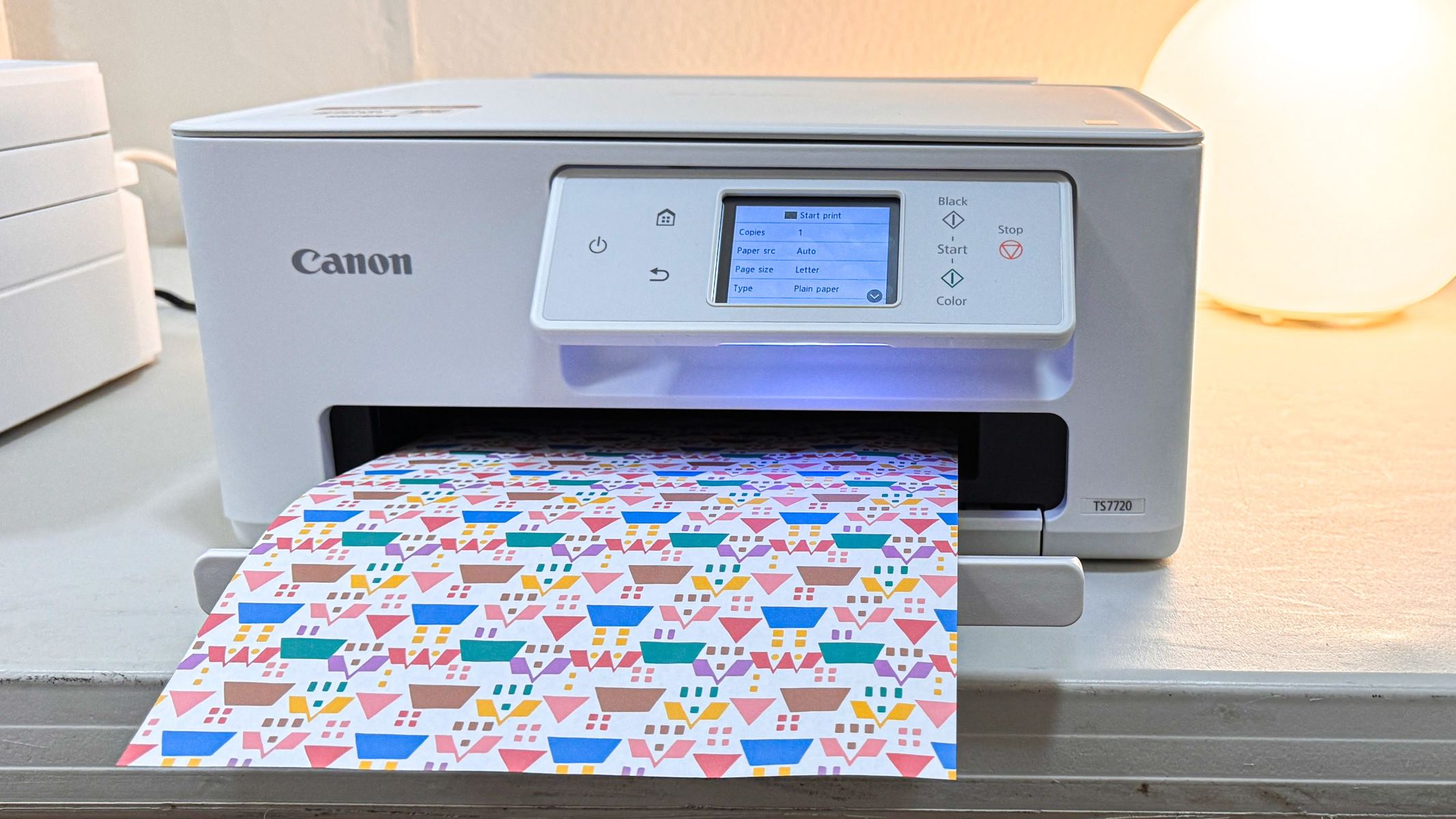
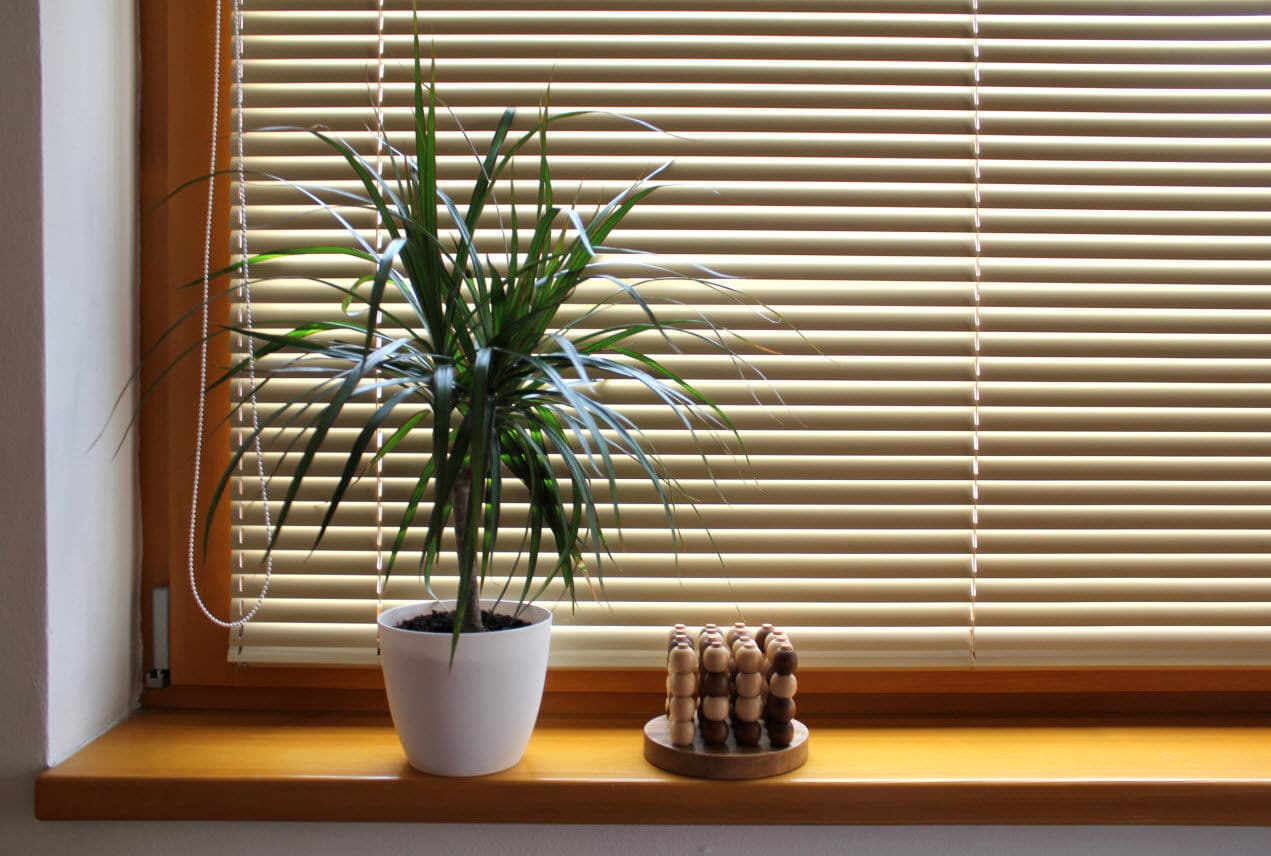

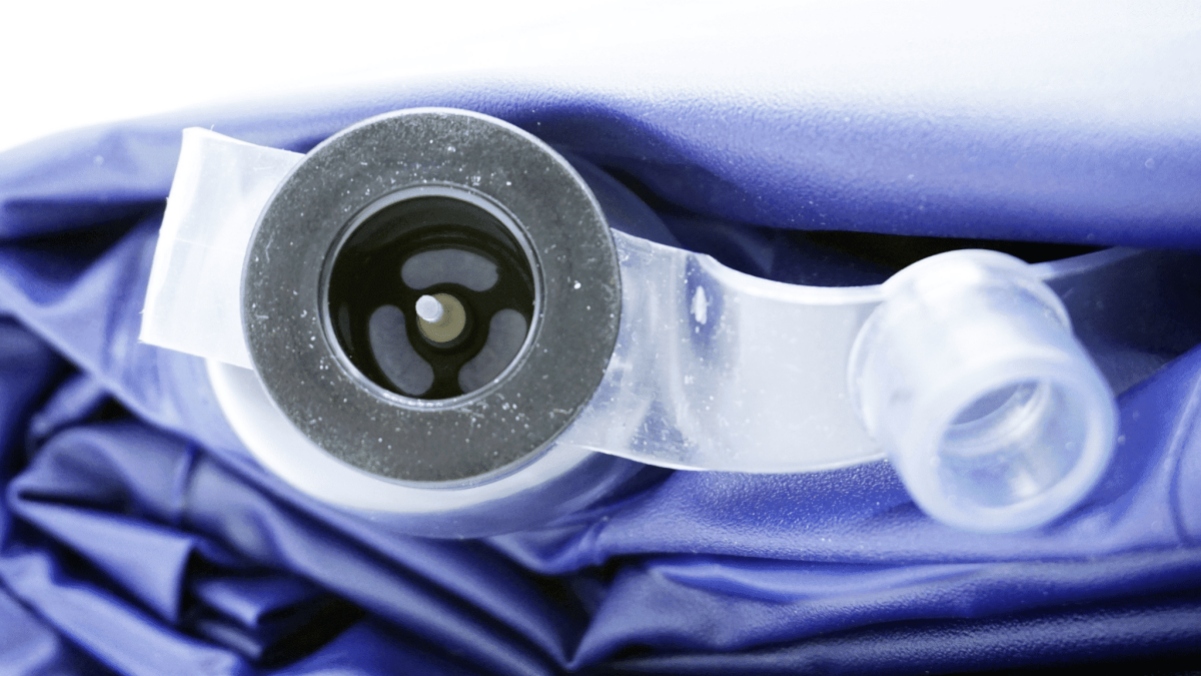

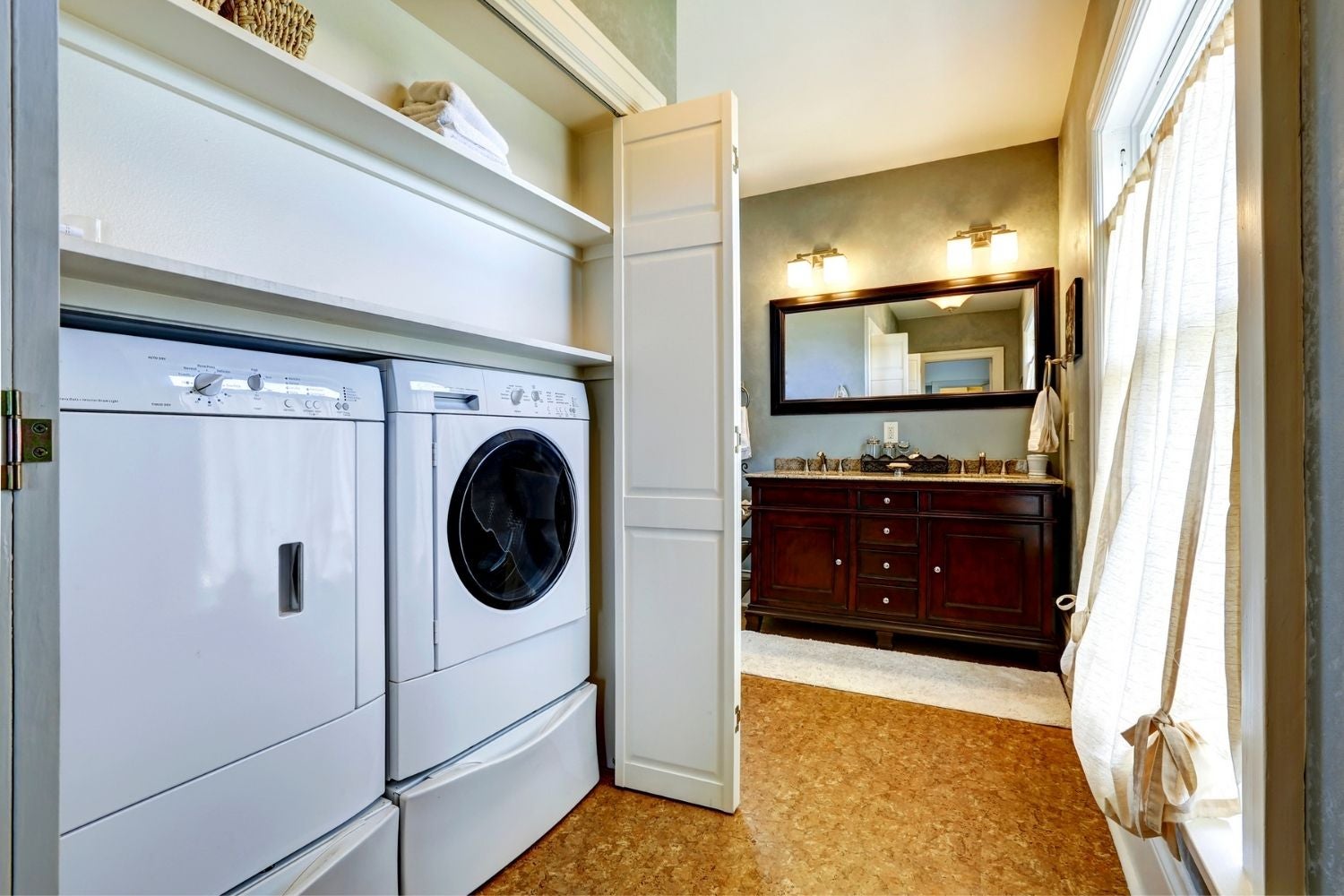



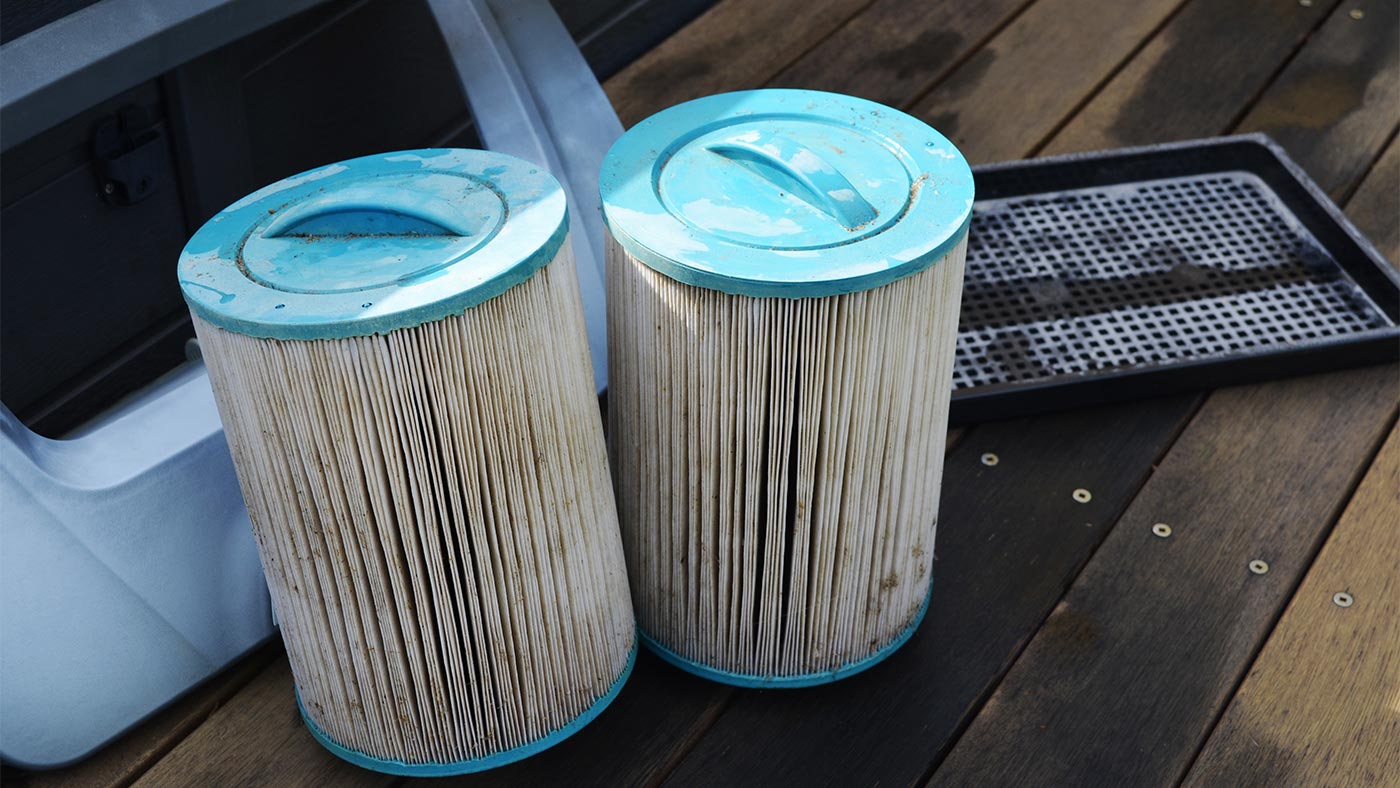

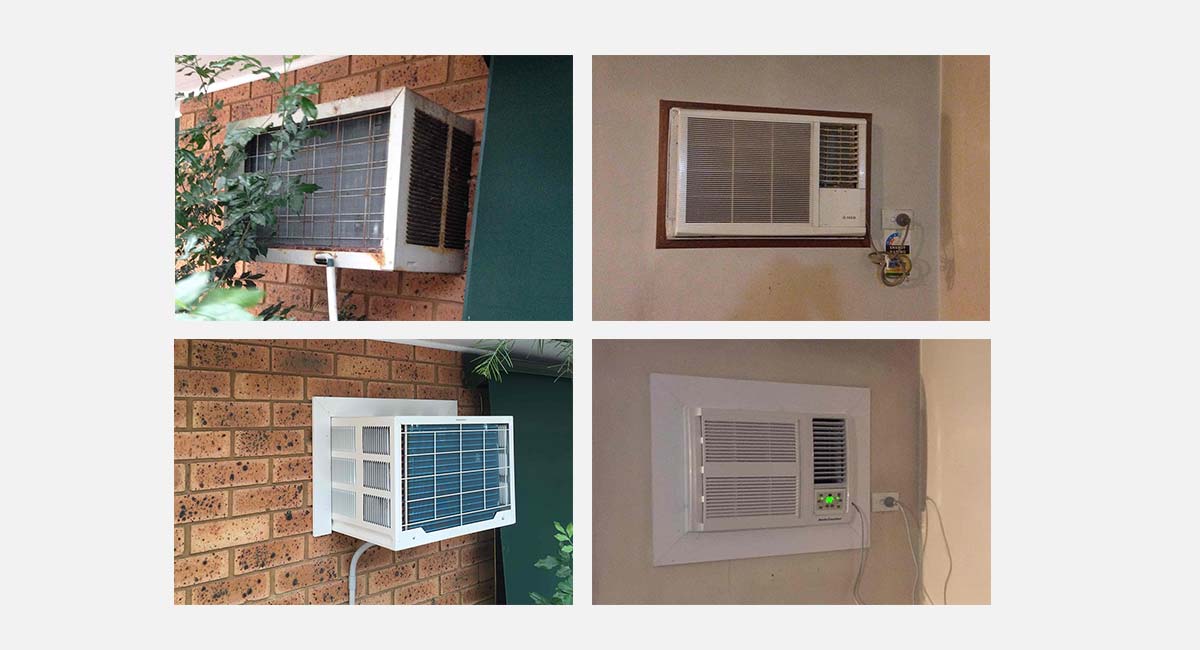


0 thoughts on “How Long Should A Television Last?”